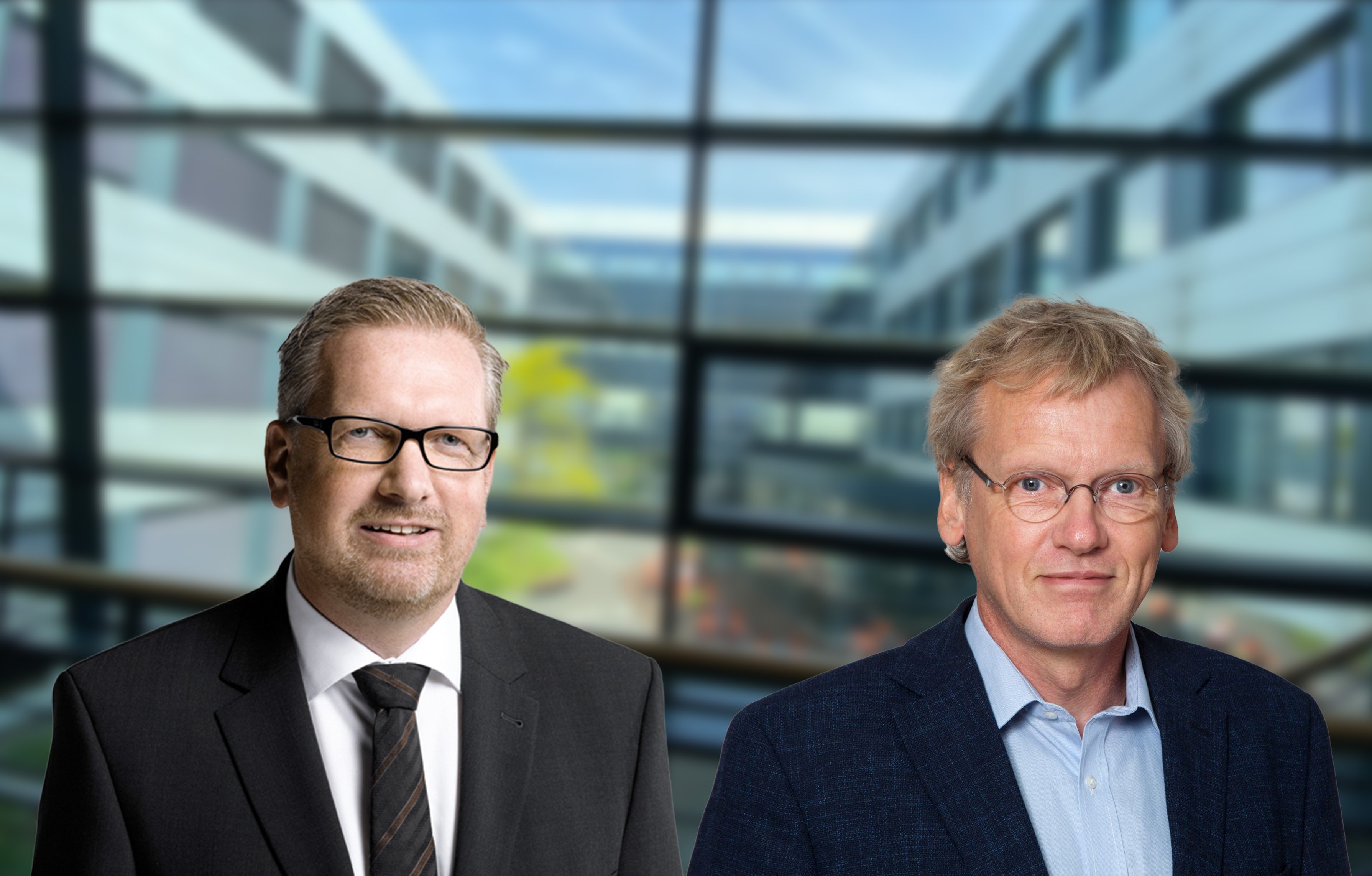At the Aachen and Münster locations, the focus has been placed on bioeconomy in both 2024 and 2025. This is reinforced by new projects that offer innovative solutions for agriculture, food production and industry. The research project "FishPlant", funded by the Federal Ministry of Food and Agriculture, in which the Fraunhofer IME is working with an Aachen-based food producer to develop a sustainable circulatory system that enables the dual production of saltwater fish and maritime vegetables such as sea asparagus, is of great importance for the Aachen location. We use our patented vertical farming system OrbiLoop® for the production of sea asparagus, which also plays a central role in the joint project "Mittendrin" ("In the middle"). Here, the integration of vertical farming technologies into urban architecture is being investigated together with the city of Aachen as part of a feasibility study. The project "MagnI-SENSE" is developing analysis and monitoring systems to enable farmers to detect plant diseases in the field. In the project "ReCO2NWert", we are working with RWTH Aachen University and Rheinisches Revier (Rhenish mining area) to drive forward the resource transition in the chemical industry through the biotechnological use of CO2.
At the Münster site, the project to develop the Russian dandelion as an alternative source of natural rubber was successfully continued. In addition, new projects focusing on potatoes and buckwheat were acquired in cooperation with the University of Münster and other partners from science and industry as part of the BMBF call for proposals "Modern breeding research for climate- and location-adapted crops of tomorrow". A current project funded by the BMEL/FNR entitled "INSOLNET" is expanding research activities in the field of functional and applied genome research on the potato and is investigating the role of a newly discovered active ingredient in the development of effective resistance to economically relevant pathogens. In addition, the PREPARE project "SEEDPLUS" has successfully initiated the first new projects on the use of innovative seed improvement strategies with the participation of industrial partners. They aim to develop economically viable and practical solutions to increase establishment reliability and yield performance under changing site conditions.
Although the annual result in Schmallenberg was again negative in 2024 due to the still unfinished construction work and the after-effects of the cost increases for energy and personnel, the increasingly usable buildings, adjustments to services and efficiency measures in the departmental structures are leading to visible improvements, meaning that a balanced budget is expected in 2025. In 2024, the Immunoecotoxicology junior research group was initiated, which will investigate the molecular effects of substances on the immune system of fish and beetles in the laboratory and in the field in collaboration with RWTH Aachen University and the University of Münster. The Attract Group B-Pol, which was approved in 2025, deals with the accumulation processes of polymers and polymer products in soils and aquatic organisms. The introduction and recognition of the new OECD 321 test guideline (Hyalella Bioconcentration Test) developed by Fraunhofer IME as an invertebrate-free replacement method (see HYBIT) as part of a European Chemicals Agency (ECHA) project is important for regulatory practice, as is the development of guidance for handling substances that are difficult to test in retention studies, also commissioned by the ECHA. Of particular importance for the Applied Ecology division is the soil biodiversity baseline survey project commissioned by the Federal Environment Agency, which will set new standards for German biodiversity monitoring with a duration of six years, a total sum of 21.3 million euros and the organization of a consortium of ten leading institutions and working groups from all over Germany.
We would like to thank all our employees, partners and sponsors for their trust, ideas and commitment. It was only through this joint effort that we were able to achieve our ambitious goals again this year.
In this annual report, we invite you to gain an insight into our work and selected projects from the past year. We look forward to continuing to drive innovation together with you in the coming year.
Prof. Dr. Stefan Schillberg
Prof. Dr. Christoph Schäfers
Institute management
 Fraunhofer Institute for Molecular Biology and Applied Ecology IME
Fraunhofer Institute for Molecular Biology and Applied Ecology IME